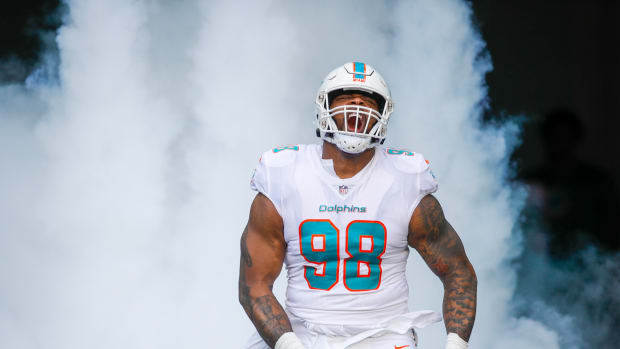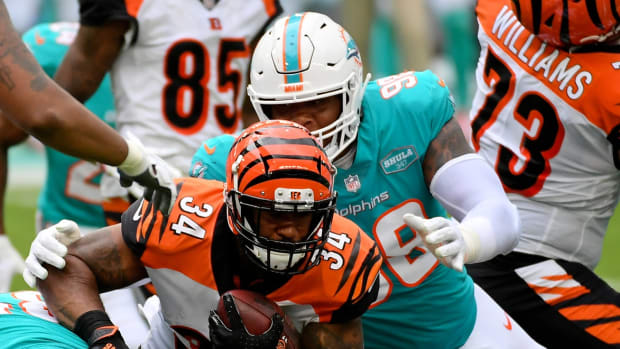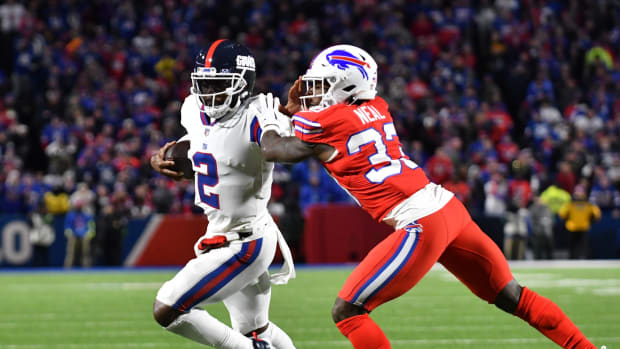Needham Officially Back in Dolphins Secondary
The Miami Dolphins took a big step to make sure they would bring back Nik Needham to their secondary when they extended a second-round tender on him before he was set to become a restricted free agent.
The last and final step was taken Monday when Needham signed his tender, which will pay him $3.98 million for 2022.
Any team had the opportunity to sign Needham to an offer sheet until April 22, though the Dolphins guaranteed themselves the right of first refusal or a second-round pick as compensation had they declined to match.
Unless the Dolphins sign Needham to a new contract, he is now scheduled to become an unrestricted free agent next offseason.
The Needham signing comes three days after the Dolphins secured the biggest piece in their secondary by agreeing to a new contract with three-time Pro Bowl selection Xavien Howard.
Needham was the only one of six restricted free agents that the Dolphins tendered before the start of free agency, though they did eventually re-sign wide receiver Preston Williams, linebacker Sam Eguavoen and safety Sheldrick Redwine, while running back Patrick Laird and defensive back Jamal Perry remain free agents.
Needham's steady climb as an NFL player
The move to make sure to retain Needham was expected because Needham has become a very solid cornerback since first joining the Dolphins as an undrafted rookie out of UTEP in 2019.
Needham has recorded two interceptions in each of his three NFL seasons, though he had his first pick-six in 2021 when he scored against the New Orleans Saints in the December Monday night game at the Superdome.
More importantly, Needham's opponent passer rating when targeted has gotten better every year — from 111.7 in 2019, to 95.1 in 2020 to 73.4 last season.
Interestingly, though, Needham's snap count was the lowest of his career in 2021 at 54 percent, down from 89 percent in 2019 and 60 percent in 2020.






